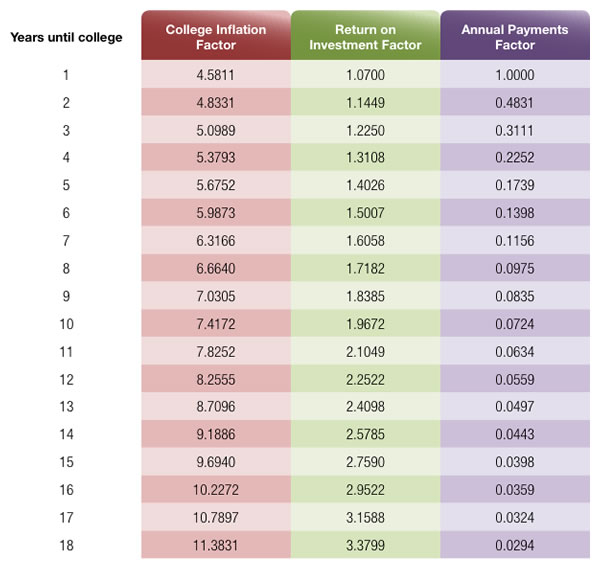Healthcare Provider Update: Healthcare Provider for Cardinal Health Cardinal Health's operations primarily encompass the distribution of pharmaceuticals and medical products, but it does not operate as a traditional healthcare provider like a hospital or clinic. Instead, it partners with various healthcare providers, serving as a critical supply chain partner for hospitals, health systems, and pharmacies. Potential Healthcare Cost Increases in 2026 In 2026, healthcare costs are projected to rise significantly, impacting employees at Cardinal Health. Factors such as the expiration of enhanced federal subsidies and rising medical expenses are leading to substantial increases in insurance premiums, with some markets expecting hikes of over 60%. As a result, many employees may face higher out-of-pocket costs for their healthcare, necessitating careful planning and benefit review to mitigate this financial strain. Companies, including Cardinal Health, are likely to adjust their benefit structures to manage these cost pressures, leading to higher deductibles and coinsurance for workers. Click here to learn more
It doesn’t take a degree in finance to see the cost of college continues to rise.
In its 2017 report, the College Board showed that public four-year institutions raised prices an average of 3.2% annually between the 2007-08 and 2017-18 school years. Put another way, a $5,000 education in 2007-08 would cost $6,851 in 2017-18.
For a few families, the lion’s share of education costs falls on parents and, in some cases, on grandparents. For our Cardinal Health clients who are parents you may already know, generally, the majority of families rely on a combination of scholarships, grants, financial aid, part-time jobs, and parent support to help pay the cost.
For Cardinal Health employees who have children approaching college age, a good first step is estimating the potential costs. The accompanying worksheet can help you get a better idea about the cost of a four-year college.
For Cardinal Health employees who already put money away for college, the worksheet will take that amount into consideration. For Cardinal Health employees who haven’t, it’s never too late to start.
Resources
There are a number of resources that can help individuals prepare for college. The U.S. government distributes certain information on colleges and costs. Here are two sites for these Cardinal Health employees to consider reviewing:
www.studentaid.ed.gov
The government’s college and financial aid portal.
Featured Video
Articles you may find interesting:
- Corporate Employees: 8 Factors When Choosing a Mutual Fund
- Use of Escrow Accounts: Divorce
- Medicare Open Enrollment for Corporate Employees: Cost Changes in 2024!
- Stages of Retirement for Corporate Employees
- 7 Things to Consider Before Leaving Your Company
- How Are Workers Impacted by Inflation & Rising Interest Rates?
- Lump-Sum vs Annuity and Rising Interest Rates
- Internal Revenue Code Section 409A (Governing Nonqualified Deferred Compensation Plans)
- Corporate Employees: Do NOT Believe These 6 Retirement Myths!
- 401K, Social Security, Pension – How to Maximize Your Options
- Have You Looked at Your 401(k) Plan Recently?
- 11 Questions You Should Ask Yourself When Planning for Retirement
- Worst Month of Layoffs In Over a Year!
- Corporate Employees: 8 Factors When Choosing a Mutual Fund
- Use of Escrow Accounts: Divorce
- Medicare Open Enrollment for Corporate Employees: Cost Changes in 2024!
- Stages of Retirement for Corporate Employees
- 7 Things to Consider Before Leaving Your Company
- How Are Workers Impacted by Inflation & Rising Interest Rates?
- Lump-Sum vs Annuity and Rising Interest Rates
- Internal Revenue Code Section 409A (Governing Nonqualified Deferred Compensation Plans)
- Corporate Employees: Do NOT Believe These 6 Retirement Myths!
- 401K, Social Security, Pension – How to Maximize Your Options
- Have You Looked at Your 401(k) Plan Recently?
- 11 Questions You Should Ask Yourself When Planning for Retirement
- Worst Month of Layoffs In Over a Year!
www.collegeboard.org
The group that administers the SAT test.
Estimating the Cost of College


What is the 401(k) plan offered by Cardinal Health?
The 401(k) plan at Cardinal Health is a retirement savings plan that allows employees to save a portion of their earnings on a tax-deferred basis.
How does Cardinal Health match employee contributions to the 401(k) plan?
Cardinal Health offers a matching contribution to the 401(k) plan, where the company matches a percentage of employee contributions up to a certain limit.
What are the eligibility requirements for Cardinal Health's 401(k) plan?
Employees of Cardinal Health are generally eligible to participate in the 401(k) plan after completing a specified period of service, typically 30 days.
Can employees of Cardinal Health change their contribution percentages to the 401(k) plan?
Yes, employees can change their contribution percentages to the Cardinal Health 401(k) plan at any time, subject to certain guidelines.
What investment options are available in Cardinal Health's 401(k) plan?
Cardinal Health's 401(k) plan offers a variety of investment options, including mutual funds, target-date funds, and company stock.
Is there a vesting schedule for Cardinal Health's 401(k) matching contributions?
Yes, Cardinal Health has a vesting schedule for matching contributions, which means employees must work for a certain number of years to fully own the matched funds.
How can employees access their 401(k) account information at Cardinal Health?
Employees can access their 401(k) account information through Cardinal Health's employee portal or by contacting the plan administrator.
What happens to my Cardinal Health 401(k) if I leave the company?
If you leave Cardinal Health, you can choose to leave your 401(k) funds in the plan, roll them over to another retirement account, or withdraw the funds, subject to tax implications.
Are there loan options available through Cardinal Health's 401(k) plan?
Yes, Cardinal Health allows employees to take loans against their 401(k) balance, subject to specific terms and conditions.
What is the maximum contribution limit for Cardinal Health's 401(k) plan?
The maximum contribution limit for Cardinal Health's 401(k) plan is in line with IRS guidelines, which may change annually.




-2.png?width=300&height=200&name=office-builing-main-lobby%20(52)-2.png)









.webp?width=300&height=200&name=office-builing-main-lobby%20(27).webp)


-2.png)









.webp)